TEHRAN (Bazaar) –Nader Entessar, Professor Emeritus of Political Science from university of South Alabama says that President Raisi has made a concerted effort to strengthen Iran's relations with its neighbors since he came to power.
“President Raisi's trip to Oman can help advance Iran's regional policy objectives,” Entessar told Bazaar.
Following is the full text of the Bazaar interview with Professor Entessar:
Bazaar: Iranian President Ebrahim Raisi is scheduled to pay a visit to Oman. What is your assessment of this trip and its importance?
Entessar: President Raisi has made a concerted effort to strengthen Iran's relations with its neighbors since he came to power. Raisi's forthcoming trip to Oman is in line with the overall foreign policy of the Raisi administration. As such, President Raisi's trip to Oman can help advance Iran's regional policy objectives. However, the importance of such trips tends to evaporate in thin air unless specific agreements that are implementable in a reasonable time period see the light of day. Unfortunately, Iran and many of its neighbors have signed several memoranda of understanding and agreements over the years, many of which were forgotten and were never implemented.
Bazaar: Prior to Raisi's visit, the Sultan of Oman, Haitham bin Tariq, ordered the signing of a cooperation agreement in the field of maritime transport with Iran. Earlier, Oman's Minister of Industry and Trade emphasized Cooperation between Iran and Oman on strengthening Iran-Oman maritime communication and trade through Chabahar port and using the infrastructure of this ocean port. What is the importance of this cooperation for the development of relations between the two countries and the development of the port of Chabahar?
Entessar: It is very important for Iran to make sure that these agreements do not remain paper agreements without concrete follow-through actions. There are several events in transit and trade developments among the GCC countries that have the potential of sideling Iran further in this rapidly evolving environment. For example, the long-awaited GCC Railway is being revitalized following the approval of the leaders of the GCC countries to establish the GCC Railway Authority, which is the entity in charge of overseeing the coordination of the GCC Railway project. The proposed project will connect all six GCC countries via a 2,177-kilometer railway which starts in Kuwait City and will pass through the coastal cities of Dammam and Jubail in Saudia Arabia and then head to Manama and Qatar. The line would then cut back to Saudi Arabia and then would pass through Abu Dhabi, Dubai, and Fujairah in the UAE, before reaching its terminal station in Muscat, Oman. There is a plan to have Israel's Port of Haifa linked to the GCC Railway. The GCC Railway project is scheduled to become operational by 2025. The development of this railway would increase intra-regional trade and improve regional connectivity by reducing. transportation times and costs. In light of this and similar developments, it is very important for Iran to sign and implement a robust maritime agreement with Oman (and Qatar), the two countries that have had amicable relations with the Islamic Republic.
Bazaar: With the coming to power of Haitham bin Tariq, some estimated that Haitham would be inclined toward Saudi Arabia, and this was his first visit to Saudi Arabia, and important agreements were concluded between the two countries. On this basis, some argued that Oman would move from a traditional policy of neutrality in regional affairs during the reign of Sultan Qaboos to a policy of closeness to Saudi Arabia. Do you agree with this argument?
Entessar: At this time, there are no indications that Oman would move from its traditional policy of neutrality in regional affairs in the near future. However, over time Sultan Haitham bin Tariq will harmonize Oman's relations with Saudi Arabia and will calibrate its foreign policy more closely with Saudi goals. In other words, Muscat will try to maintain its regional neutrality, but it will not be a policy of strict neutrality. Rather, it will be neutrality with a Saudi tilt.
Bazaar: What effect will the improvement of Iran-Saudi Arabia relations have on Iran's relations with the members of GCC?
Entessar: It will help Iran to improve its relations with the GCC countries, given Saudi Arabia's dominating role in GCC affairs, especially in the member states' foreign policy orientation. However, the extent and durability of a possible improvement in Tehran-Riyadh ties will always be subject to both regional and extra-regional political developments. Nonetheless, even if a cold peace (and not necessarily a genuine turnaround) is reached in Iran-Saudi relations, it will have a positive impact on Iran-GCC relations.

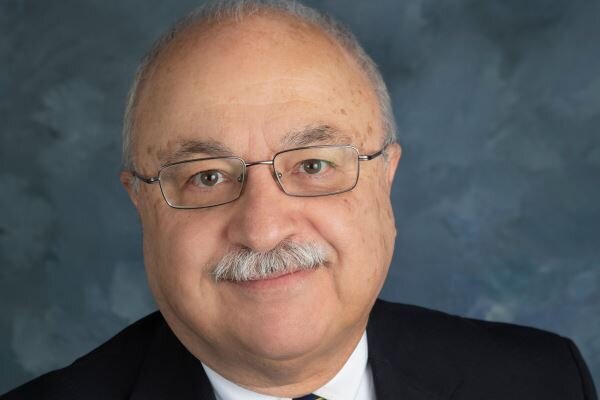



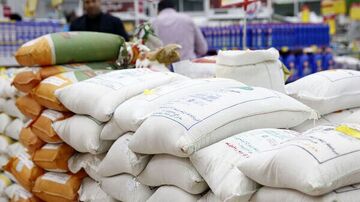


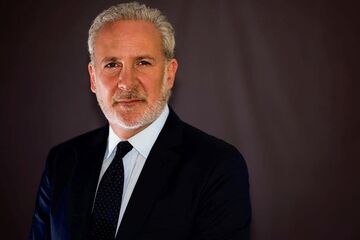

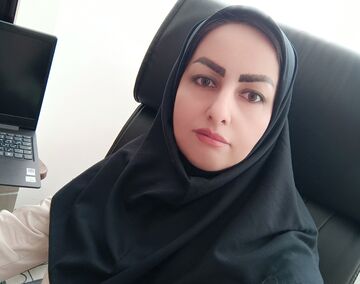
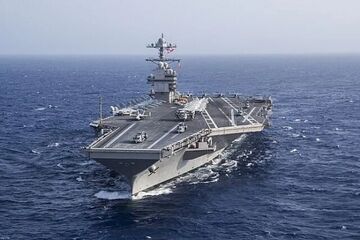
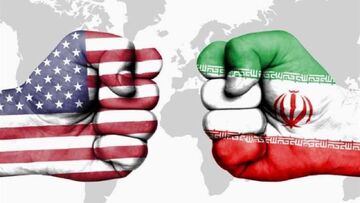


نظر شما